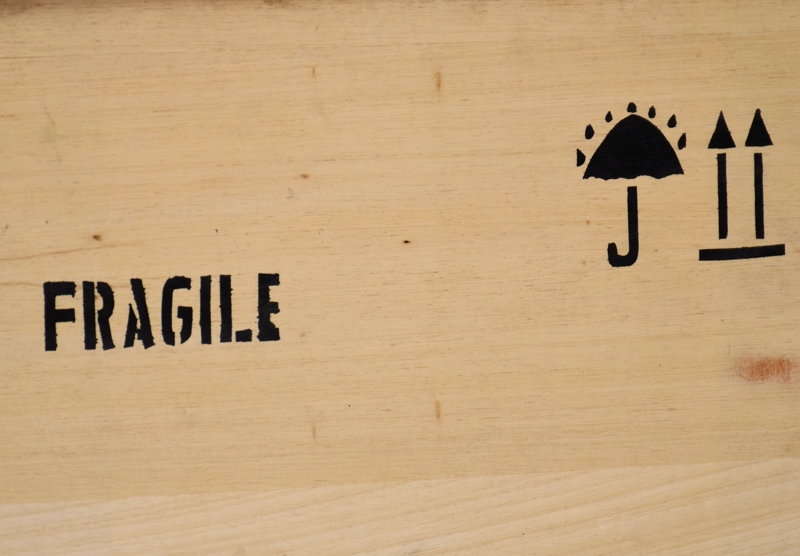The Long Letter
If I had more time, I would have written a shorter letter
Are you there God? It's me, Mitchell

Prayer is an odd thing. For myself, it's both a natural and foreign experience. I find myself regularly "talking with God" without necessarily realizing it. It's almost a background function. Picture something like breathing. A thing we do without having to give it a thought. At times though we do give attention to our breathing. And, like prayer, the moment we turn our attention to it, it can feel awkward and stilted. We ask ourselves, "How do I just breathe normal?"
There are many facets to prayer and people have come up with all sorts of nifty acronyms to help us pray with more intentionality (A.C.T.S. - adoration, confession, thanksgiving, and supplication). These things are useful to consider but they aren't what draws my attention today. Nor does this have anything to do with the book "Are You There God? It's Me Margaret." It was just the best my brain could come up with :) I'm not having issues at school with boys or wondering when I'll get my period. I have been dwelling on the ideas of prayer and Advent though.
Segments of Christianity are currently observing the season called "Advent". Advent has a lot of different expressions depending on what tradition a person finds themselves in.
Growing up, Advent was not a part of my church experience and only in the past few decades have we seen more churches adopt the practice of observing. Some traditions focus on different aspects and facets of Advent.
Advent, derived from the Latin word "adventus", means "coming". Early on, Advent was a time of preparing and waiting for the time of a person's baptism. Later it would be associated with the birth of Jesus as well as the return of Christ, or parousia.
The object of Advent has always been an event, whether that be baptism, the birth of Jesus, or his return. The other side of this equation though is what I want to consider: the waiting.
I believe it was St Thomas Earl Petty who once said, "The waiting is the hardest part." He's not wrong. Like the oddness of prayer when we finally turn our attention to it, Advent gathers our activities, our machinations, into a holding pattern. Orienting ourselves to an event means we also "take a seat" so to speak. We sit with it. There's nothing we can do to expedite the event. We can't "will" it here sooner. It's ultimately a reminder of how little control we have over the course of events.
Perhaps that's why we have folk stories like the one of St. Expedite detailed here:
The story takes place in France, 1781, a shipment of relics arrived, many were unidentified. However, on the box containing his statute, the word “Expedite” was marked on the package. Some believed it simply meant that the package was to be expedited to its final location whereas others believed that was the name of the Saint whose statue was contained in the package. When Nuns at the Denfret-Rochereau Catcombs in Paris saw this, they prayed to this “unknown” saint and the prayers were all answered. Word of this quickly spread and the miracles of Saint Expedite would spread throughout the Catholic world and beyond.
While I am not Catholic, the folk story of St. Expedite is very near and dear to my heart. What better encapsulates the very human obstinance against waiting than the story of St. Expedite? I love it!
So what brings me to write about prayer, Advent, and St. Expedite this day? These things force me to consider the language of the waiting.
While I have not been particularly observant regarding Advent this year, I have found myself restless and waiting. Frustrated and anxious. Tired. Our winter days are shorter. Darkness greets me in the morning and precedes me to sleep.
However, the lexicon of Advent orients me to the oddball Christian posture of "now and not yet". Hope. Love. Joy. Peace.
One day I'll articulate my understanding of these four words in how I understand and practice my faith. Today though, I'll just settle on one: Hope. The concept of hope thoroughly grounds us in the practice and posture of the "now and not yet". Hope is the downpayment of the Love That Is God.
Jürgen Moltmann was a German POW during WWII. After seeing the realities of Auschwitz and Buchenwald, he found himself wishing he had died rather than live to face what his nation had done. While in a prisoner camp, an American chaplain gave him a small bible containing the New Testament and Psalms. He would later say, "I didn't find Christ, he found me."
Moltmann would pursue becoming a theologian, developing a "Theology of Hope" that incorporated his experience and reflection on the suffering and evil of WWII. While reading his book Experiences of God many years ago, I highlighted the following passage on how he understands hope:
Hope is more than feeling. Hope is more than experience. Hope is more than foresight. Hope is a command. Obeying it means life, survival, endurance, standing up to life until death is swallowed up in victory. Obeying it means never giving way to the forces of annihilation in resignation or rage.
Moltmann's concept of hope isn't passive. It isn't weak or wishful thinking. It isn't pretending that the world is fine and our suffering is an illusion. Hope is a command. A call. Hope is a light in the darkness.
I may be terrible at prayer and find myself growing impatient with Advent. I don't like waiting. I can practice hope though. So I will. Despite what this world looks like at times.
Photo by Stephane YAICH on Unsplash